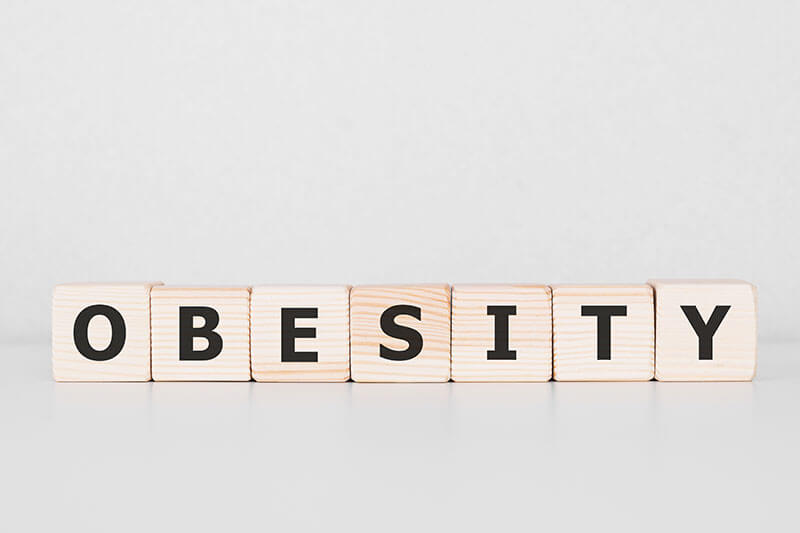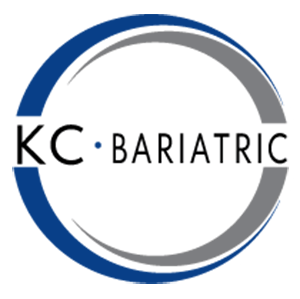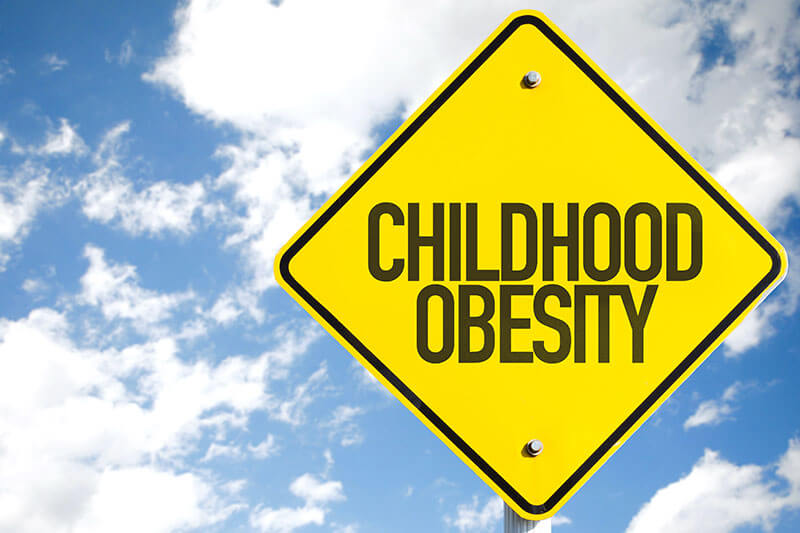You may have heard that childhood obesity is on the rise. According to the American Heart Association (AHA), “Today, about one in three American kids and teens is overweight or obese, nearly triple the rate in 1963. Among children today, obesity is causing a broad range of health problems that previously weren’t seen until adulthood. These include high blood pressure, type 2 diabetes and elevated blood cholesterol levels. There are also psychological effects: Obese children are more prone to low self-esteem, negative body image and depression. And excess weight at young ages has been linked to higher and earlier death rates in adulthood.” (“What is Childhood Obesity”; American Heart Association website, updated February 12, 2016)
 When the epidemic was studied further, the AHA, in their article, “Overweight in Children” from July 5, 2016, noted, “The prevalence of obesity in children more than tripled from 1971 to 2011. With good reason, childhood obesity is now the No. 1 health concern among parents in the United States, topping drug abuse and smoking.” This concern was further emphasized by former Surgeon General Richard Carmona, who stated, “Because of the increasing rates of obesity, unhealthy eating habits and physical inactivity, we may see the first generation that will be less healthy and have a shorter life expectancy than their parents.” This is certainly cause for concern!
When the epidemic was studied further, the AHA, in their article, “Overweight in Children” from July 5, 2016, noted, “The prevalence of obesity in children more than tripled from 1971 to 2011. With good reason, childhood obesity is now the No. 1 health concern among parents in the United States, topping drug abuse and smoking.” This concern was further emphasized by former Surgeon General Richard Carmona, who stated, “Because of the increasing rates of obesity, unhealthy eating habits and physical inactivity, we may see the first generation that will be less healthy and have a shorter life expectancy than their parents.” This is certainly cause for concern!
In their article titled, “Preventing Childhood Obesity: Tips for Parents and Caretakers,” the AHA has provided a great summary of steps we can take to help the youngest among us find the right balance for achieving and maintaining a healthy weight. It should be no surprise to our bariatric patients that balance is the key, and the recommendations made mirror those provided to patients who seek bariatric surgery in Kansas City, both pre and post surgery. As many of you know, weight loss surgery is not a “magic bullet” and a major lifestyle change with a focus on overall health is required to achieve initial and long term weight loss success.
 The AHA offers these tips for helping our kids find the right calorie and lifestyle balance:
The AHA offers these tips for helping our kids find the right calorie and lifestyle balance:
- Encourage healthy eating habits. Small changes can lead to a recipe for success!
- Make favorite dishes healthier;
- Remove calorie-rich temptations;
- Help your kids understand the benefits of being physically active;
- Help kids stay active;
- Reduce sedentary time.
The article goes on to say that the following factors play a significant role in predicting success for preventing unhealthy weight gain in children:
- Including parents in the dietary treatment program;
- Strong social support of dietary intervention from others involved in preparing food;
- Regular physical activity prescription including social support.
Lastly, they state, “The importance of continuing these lifestyle changes well past the initial treatment period should be emphasized to the entire family.”

The Bariatric Center of Kansas City would like to encourage all of our bariatric patients, at every level along the age spectrum, to consider the importance of involving your younger family members in your bariatric journey. Whether you have young children, teenagers, young adults or grand children in your midst, they can all benefit by the lifestyle changes you are making in your own journey to health, whether they have their own weight issues or not. What better way for them to learn the importance of a healthier lifestyle, while learning to support their older family members who are trying to implement these healthy changes for themselves. It’s a “win-win” for all when working together as a family to become a healthier you. Just think of the fun conversations you might have as they turn off the TV, or shutdown that computer and instead go for a walk or a run with you!
To view more of the suggestions provided by the American Heart Association and read the full article on childhood obesity, go to:
http://www.heart.org/HEARTORG/HealthyLiving/HealthyKids/Childhood-Obesity_UCM_459376_SubHomePage.jsp
Posted in Bariatric Health, Bariatric Nutrition, Childhood Obesity

